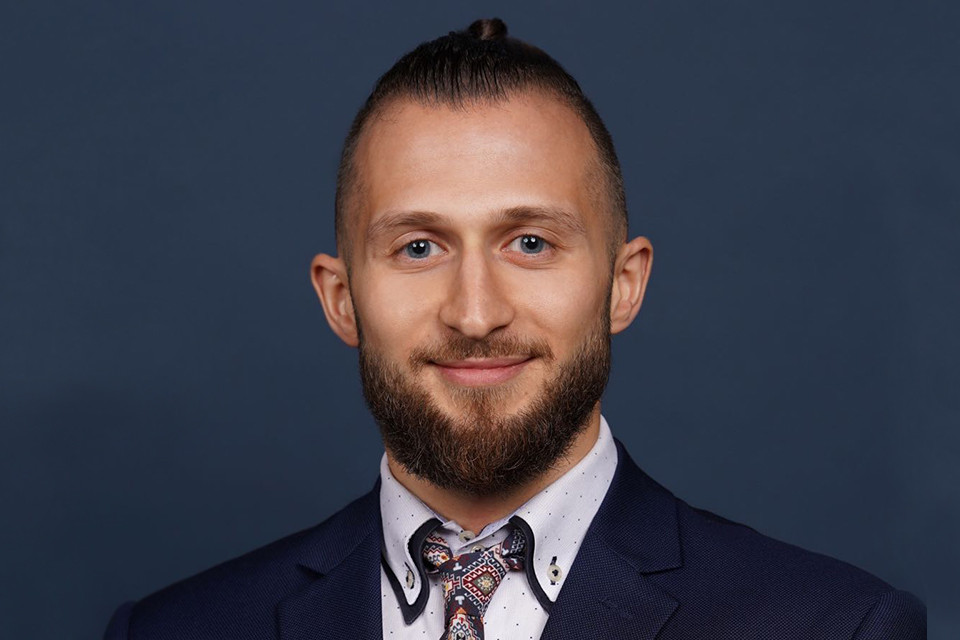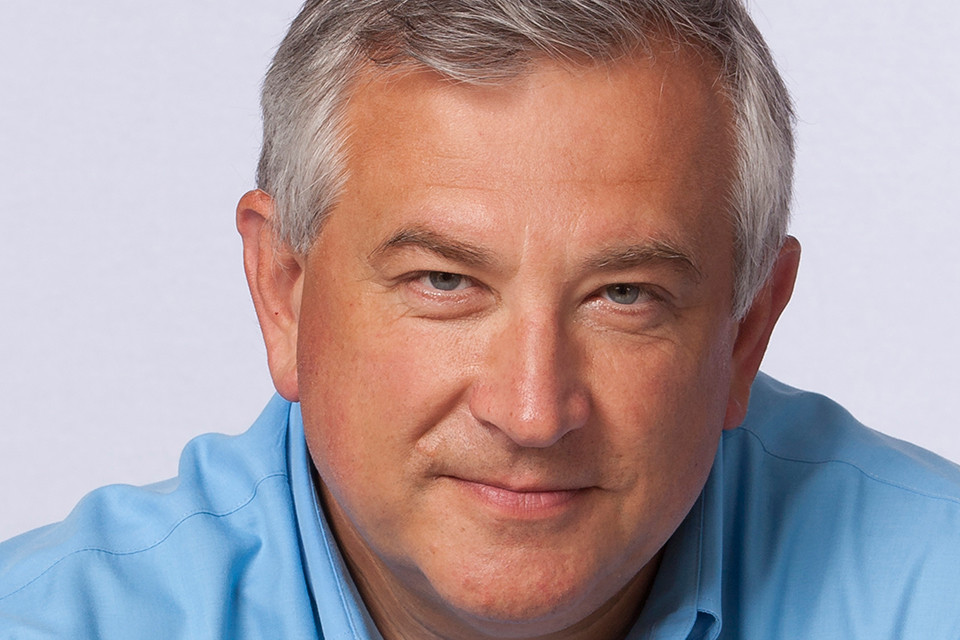-
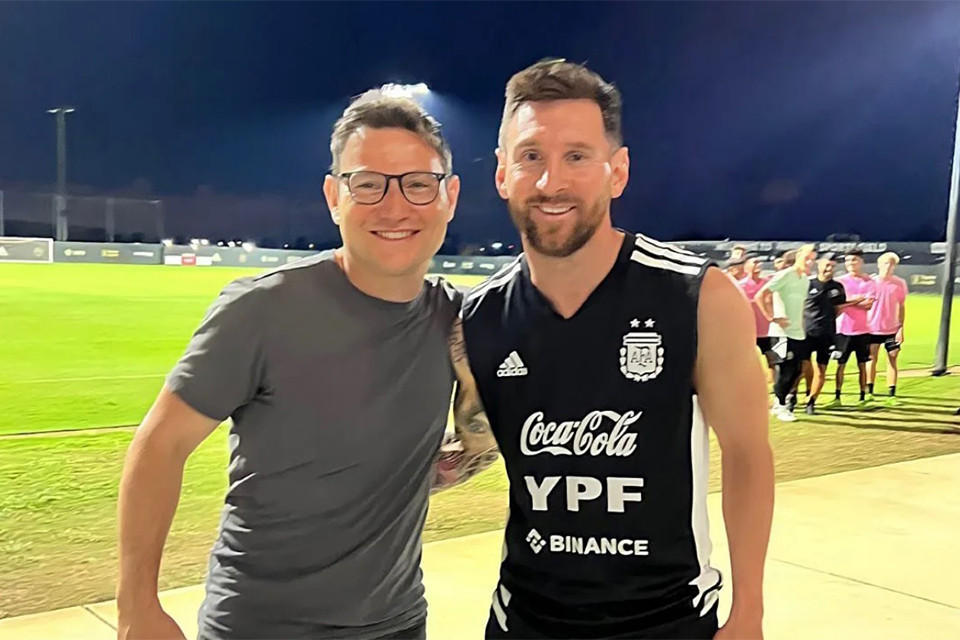
Razmig Hovaghimian and Leo Messi
-
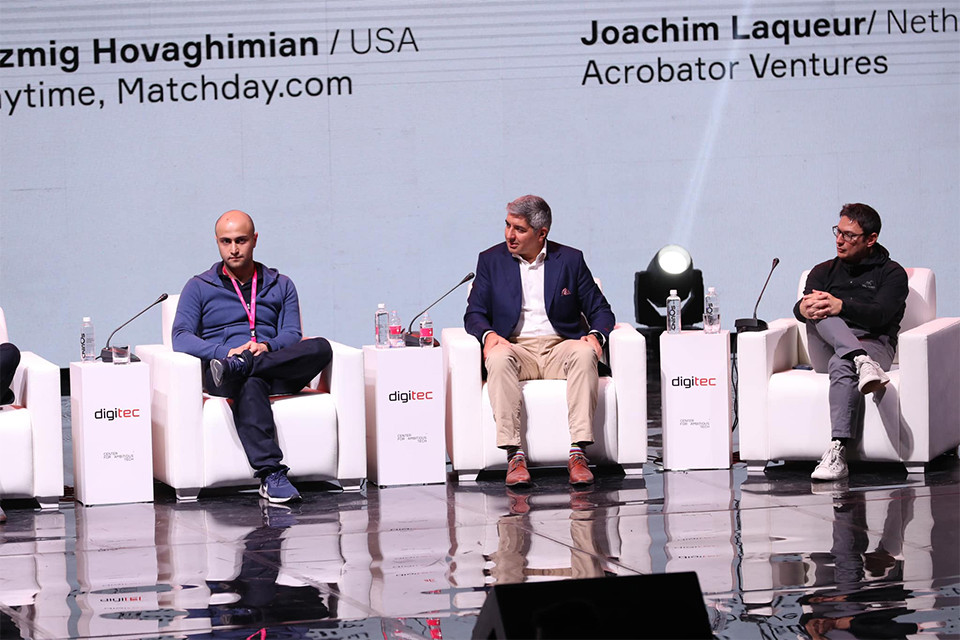
-
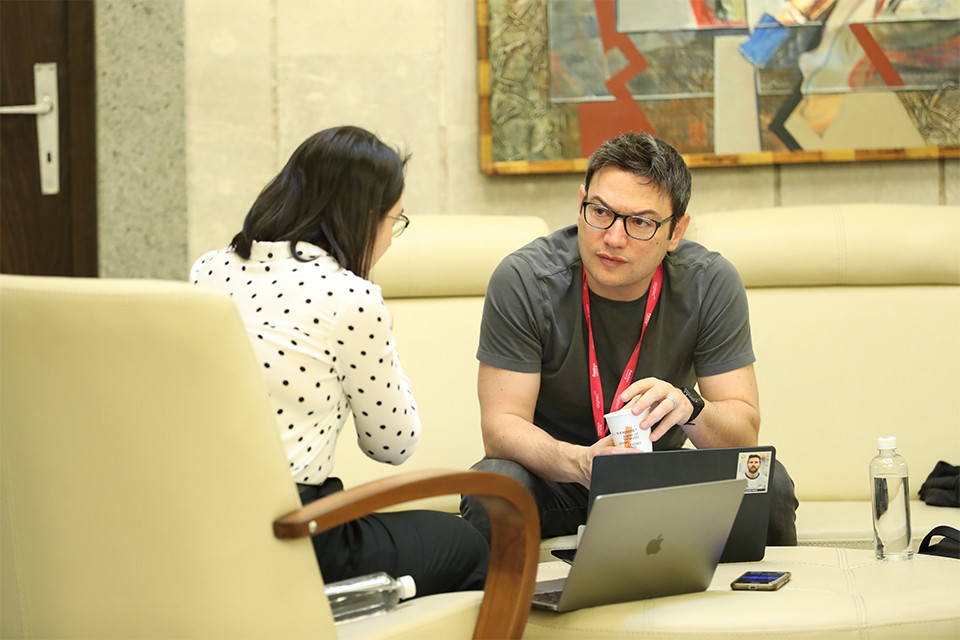
-
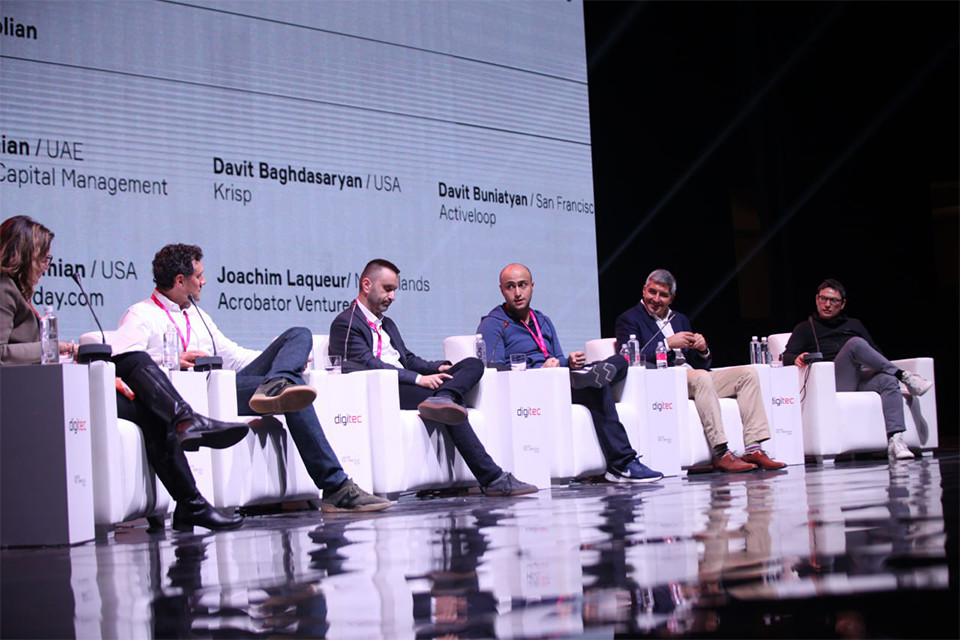
18:14 | 17.03.23 | Interviews | exclusive 61067
Razmig Hovaghimian: Every company is different, there is not just one formula for everyone
Razmig Hovaghimian is a co-founder and chief executive of the Holding and Investing company Play Time VC. He formerly headed up Hoodline (Pixel Labs), a news platform that combined machine learning with on-the-ground reporting. He also co-founded entertainment startup Viki, which exited to Rakuten for $200-plus million in 2013. As a result, he joined Rakuten’s corporate board as a board observer and in 2016 was named the company’s first Entrepreneur in Residence.
Razmig Hovaghimian was the guest of the Digitec 2022.
iTel.am talked to him about the Armenian tech ecosystem, collaboration with Leo Messi, Play Time VC and the formula for startup success․
During Digitech you’ve met many Armenian tech companie’s founders. What impressed you more?
The energy is good - teenagers, parents with their kids running around. I see robotics programs and big companies are presenting also, so it’s really interesting. The venue is also super impressive and having them all under this one umbrella is great.
Many things have changed since my last visit 3 years ago, when I was participating in the HIVE Conference. Before a lot of startups were just in their idea stage and now I see just tech products and now we are talking about approaching the market differently and building a team around it. And the conversation quality has changed in a really interesting way. I’m actually impressed and excited. I’ve met maybe 40 companies here, so I had many conversations literally in a day and a half.

There are big companies established in Armenia already doing hundred million net revenues, that I didn’t even know existed, is super impressive. There are gems and diamonds on the market.
What gaps do you think there are in the Armenian tech ecosystem?
Startups are hard in general. If you want to start something great, dream big, because outcomes are binary. If it works it is going to work big. So pick the harder path. I think maybe the gap for the seed stage companies is focusing on something very specific or maybe overly focusing on a certain thing. You must have a broad vision, not just a product vision, but a company vision. When you are raising it is important to think about building a company, not a product or just a feature.
Fragmentation in the Armenian market is good: from consumer to fintech, Web3.0 to SaaS etc., which is very healthy for the ecosystem.
Tell us about your collaboration with Leo Messi and about PlayTime VC performance. What opportunities there are in terms of sports tech globally?
Basically there are two areas that I’m involved in. I’m a founder operator of Graph Ventures, which specializes in seed and early-stage venture investments. We are a group of 7 founders and operators with experience starting and scaling technology companies globally. We invest in companies when they are starting out. In our portfolio we have about 300 early stage companies and 250 000 checks.
And the other one, PlayTime is a holding company with Leo Messi. First I met him when I was an observer to Rakuten's board of directors, which acquired my company Viki. Rakuten is a sponsor of FC Barcelona. So my kids walked on the football pitch with Leo.
I grew up in Egypt in an Armenian family, and when I was a kid I made friends playing soccer in the streets, we called them “Corashurab”. We used to put strings around and literally played between cars. And I collected Panini stickers, so my first album was Mexico’s team, but the only other sticker that I wanted to have in my album was Maradona’s sticker.

My dad's side was Argentina fans, mom’s side was Brazil fans. I grew up with a love of Argentina. So it was about a big fanboy moment coming up with Messi. But the Holding company PlayTime, we haven't fully announced or are ready to give more details, but the idea is that we look at companies in the Sports, Media and Technology sphere. We’ve already incubated a couple of companies: one of them is Matchday.com, which has already raised $20 million. We put the first $500 thousand check in it when they were small and incredibly focused on gaming. They are building a strong bridge between football’s 5B fans and technology. There is also a Web 3.0 company in our portfolio, first seed-stage investment in AC Momento, which auctions match-worn football shirts sourced from clubs and players.
We are probably going to focus on larger stage companies to be a global sector agnostic sports tech focus area but not exclusively.
You have founded several successful companies so far. What advice would you give to the Armenian startup founders, especially in these rapidly changing times, along with the changes of the investment market?
Every company is different, there is not just one formula for everyone. Even as a repeat founder I realized that there are not certain things that can be repeated. If I were to start something again, the things that I would take with me is just starting with data science much earlier. I was building products and then I started to analyze and try to understand what’s working, what’s not. Starting with data and data science much earlier is important.

Building a really strong team around 5 or 10 people is always really important. I know remote mode works for a lot of companies, but I think it is very important to gather a product and engineering team, because you need energy clusters, you need startup energy even if you have offices in different countries in the world. You build culture and the culture is not something that you write on your office walls. It takes time, it takes history together, cultivation, it is a very organic thing. And it is very hard to build a culture with remote working.
On the funding side it is easier to raise when you are just starting, when the vision is big enough. It is better to have proof of concept of what you’re building, but I would like to try as much as possible before raising. If you need help, just ask, the entrepreneurs must be honest in such things. It is ok to ask for help. Experiment with a lot of new things, fail fast and learn.
Nune Grigoryan talked to Razmig Hovaghimian

17:29 | 24.09.25 | Articles
Jacopo Losso on Cross-Border Investments and Why Armenia Attracts Angels


